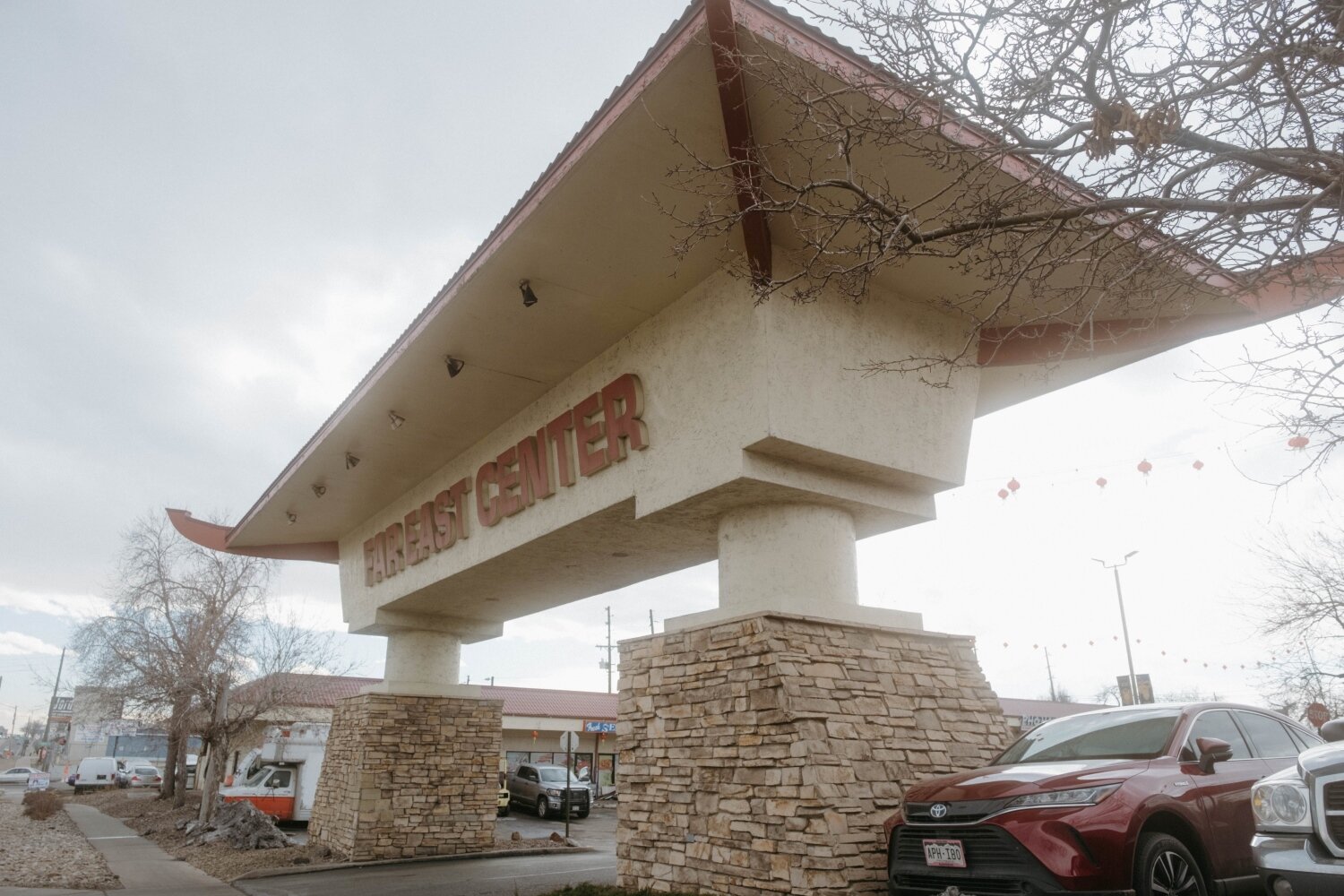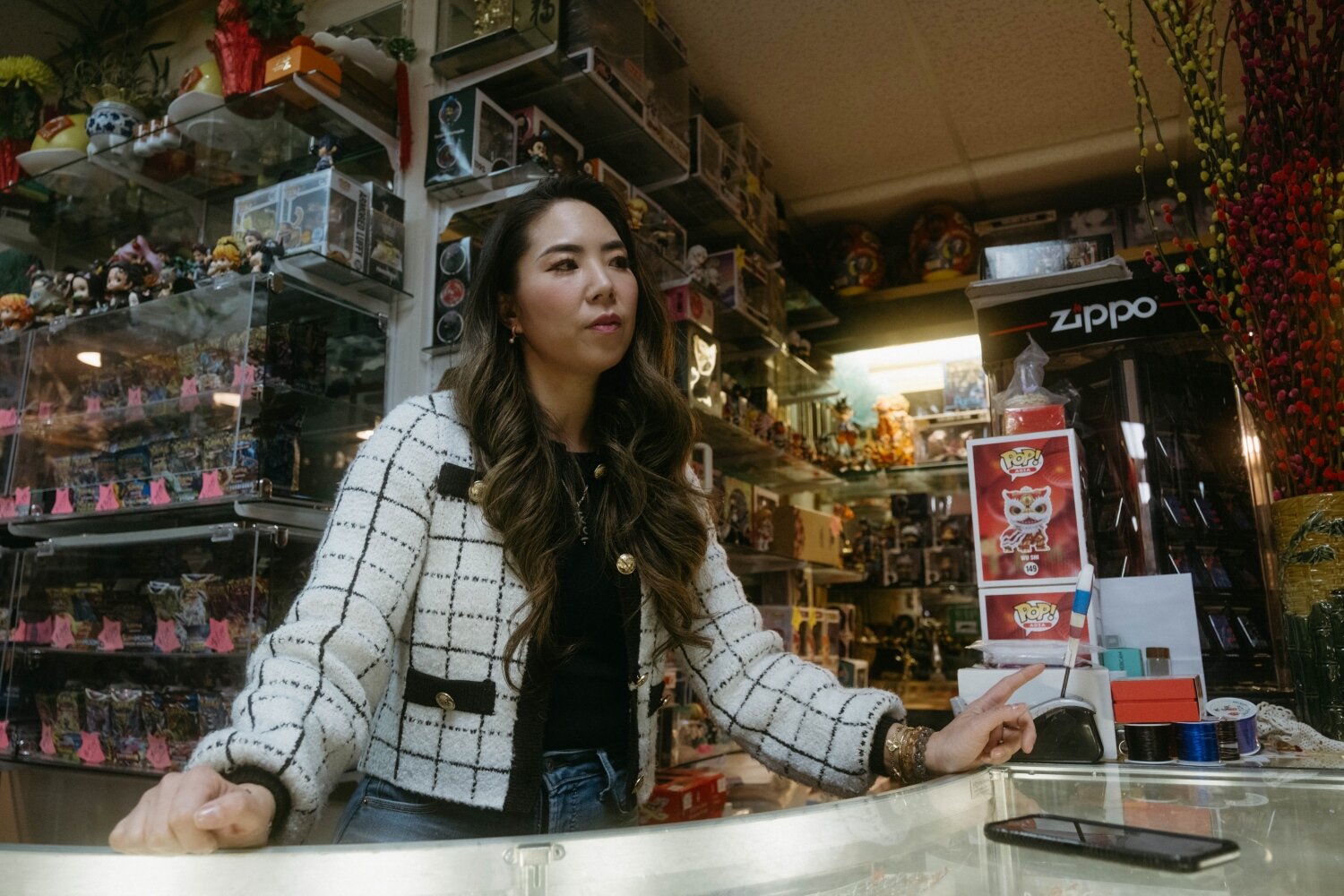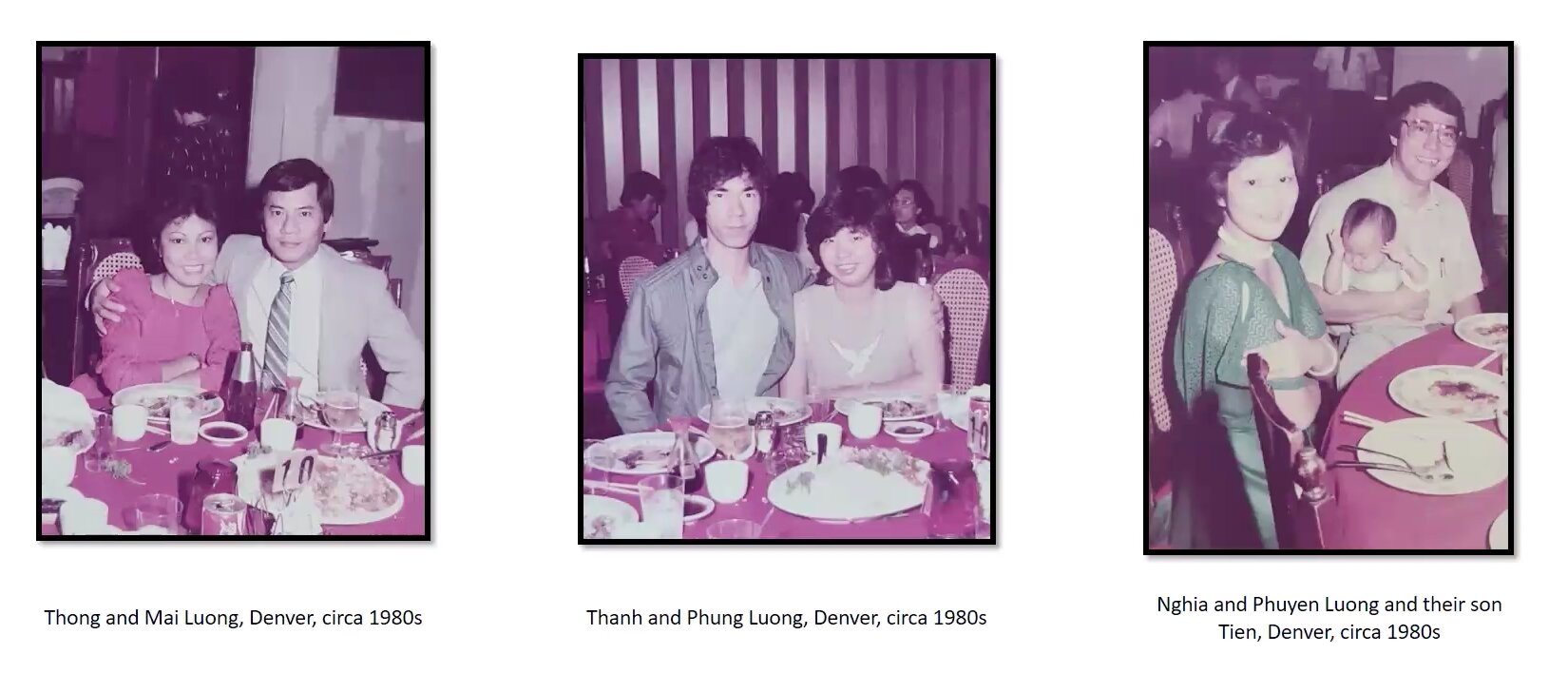Colorado adds The Far East Center to its historic registry, honoring legacy of Vietnamese refugees

DENVER — The heart of Little Saigon in Denver’s Westwood neighborhood, The Far East Center, was added to Colorado’s State Register of Historic Properties February 8 as part of a push by History Colorado to recognize more landmarks in communities of color.
The shopping center is one of only three Asian American and Pacific Islander locations to be added to Colorado’s historic registry, and the only family-owned property with architecture representing the cultures it serves.
“It really shows that the community needs us, that the community wants us,” said Mimi Luong, whose family owns the Far East Center. “They want to know more about us, our culture, our heritage, our people.”
In addition to the recognition of her family and the struggles of migrants like them, being added to the state historic registry qualifies the Far East Center to compete for History Colorado grants, and to receive tax credits for restoration, rehabilitation or preservation.
The designation is part of the “Heritage for All” initiative. With the initiative, History Colorado aims to add 150 sites of communities historically underrepresented in the state registry, including LGBTQ+, women, and people of color.
Only around 4% of the state registry is dedicated to sites representing these groups, said Damion Pechota, the national and state register historian for History Colorado.

The Far East Center incorporates various cultural elements into its architecture so those from Asia can feel a sense of home, and others can learn more about Chinese and Vietnamese heritage.
Photo: Peter Vo, Rocky Mountain PBS
History Colorado created the “Heritage for All” initiative in response to community feedback.
“I’ve only been here for six months, but something I discovered really quickly was a lot of people that had engaged with History Colorado previously had felt that they weren’t represented, or were misrepresented, and so they disengaged,” said Pechota. “That was something we really wanted to correct.”
The Far East Center is located in the Westwood neighborhood of Denver, on a strip of Federal Boulevard known as “Little Saigon” due to the abundance of businesses and celebrations honoring Vietnamese heritage.
After the fall of Saigon in 1975, which effectively marked the end of the Vietnam War, approximately 10,000 Vietnamese refugees settled in Denver. Many moved to South Federal Boulevard due to the affordable property prices. Some, like the Luongs, opened businesses in the area.
“We consider ourselves the heart of the Little Saigon District,” said Luong. “Everybody is our auntie or uncle. I grew up with their kids.”
Today, The Far East Center serves as a cultural hub that includes restaurants, a supermarket and a gift store. Behind the scenes, the Luongs provide multilingual tax services as well as cultural classes and celebrations, such as the recent Lunar New Year block party.

Mimi Luong, who after owning gift shops of her own returned to the Far East Center to help run her mother’s own shop. Luong now works as the property manager for the center.
Photo: Peter Vo, Rocky Mountain PBS
Maintaining these cultural traditions is important, Luong said, because oftentimes they are at risk of disappearing.
“Why I push [culture] so hard is also because I have kids now and I want them to not ever forget where they came from,” she said. “Especially because my mom's generation, a lot of my aunts and uncles, they want their kids to fit in so much into the American lifestyle. They lose the language, they lose all the culture.”
The means to open the Far East Center did not come easily, Luong said.
Before the fall of Saigon, her father’s side of the family owned a successful business. But when they fled Vietnam, they were only able to take a few clothing items. Not even the money was helpful, unless they had U.S. dollars.
The few items they did have were stolen while they stayed at a refugee camp in Guam, Luong said.
Once they finally arrived in Colorado, a family member housed all 19 of them in his basement. They found employment at various King Soopers, inspiring the family to save up to create Asian supermarkets of their own.
The family took road trips to California and back, gathering supplies like rice, sauces and spices from Asian markets.
In 1976, the Luong brothers pooled their money to open the first Chinese/Vietnamese on East Colfax — Thai Binh, named after their father.
In 1978, the success of the first location led the family to purchasing a second, near 1st and Federal.
During this time, the rest of Luong’s family were in various careers such as restaurant owners and nail technicians.
Luong’s mother, Phung, married Luong’s father, Thanh, six months after arriving in the United States from Hong Kong.
Phung helped in the supermarket at first, then asked for a $5,000 loan to create a business of her own. She used the money to start the first Asian VHS store. But when the entire family was working long hours, they rarely saw each other.

Family photos of the Luong brothers, (original owners of the Far East Center) and their partners.
Photos courtesy of the Luong family.
Eventually, Luong’s uncles decided to combine their skills into one shopping center, where the family could once again work together.
Despite language barriers, discrimination and financial obstacles, they were able to get the zoning of a trailer park changed from residential to commercial in order to build what is now known as the Far East Center.
The Luongs are Chinese, but were born in Vietnam. Luong said they wanted to ensure a balance between the traditions.
“They said ‘Far East Center’ is good because it markets to all Far Eastern people. Everyone in the Far East can come to the space and be remember of their home over there,” she said.
After the passing of one of the three brothers, Luong’s aunt stepped in to take over his duties. Her mother Phung also helps run the business.
The center, said Luong, served as a second home to her and her seven cousins.
“We didn’t have babysitters back then,” she said.
After school, a family member would pile her and her cousins into a car and take them to the center while the adults continued their work.
If they were hungry, they would go to their aunt’s restaurant. If they needed to do homework, they would go to their uncle’s tax office. And if they got tired, her mother would roll out a mink rug in the gift shop so they could take a nap.
“Imagine having like 8 kids running around and fighting with each other and throwing things at each other,” she said. “For us, it was so carefree. I know our parents, though, on the opposite end, they were working so hard.”
Luong said that her family works just as hard to this day.
“What I’m most proud of is they never gave up,” she said. “This is their joy. This is their life. This is their home.”
Above all, Luong hopes that the Far East Center’s new designation helps her carry on the legacy of celebrating heritage and embracing community.
“I want to continue the empire that they built, the storytelling,” she said. “That's why being designated is an honor.”
Elle Naef is a multimedia producer at Rocky Mountain PBS. Ellenaef@rmpbs.org.
Peter Vo is a multimedia journalist at Rocky Mountain PBS. Petervo@rmpbs.org.